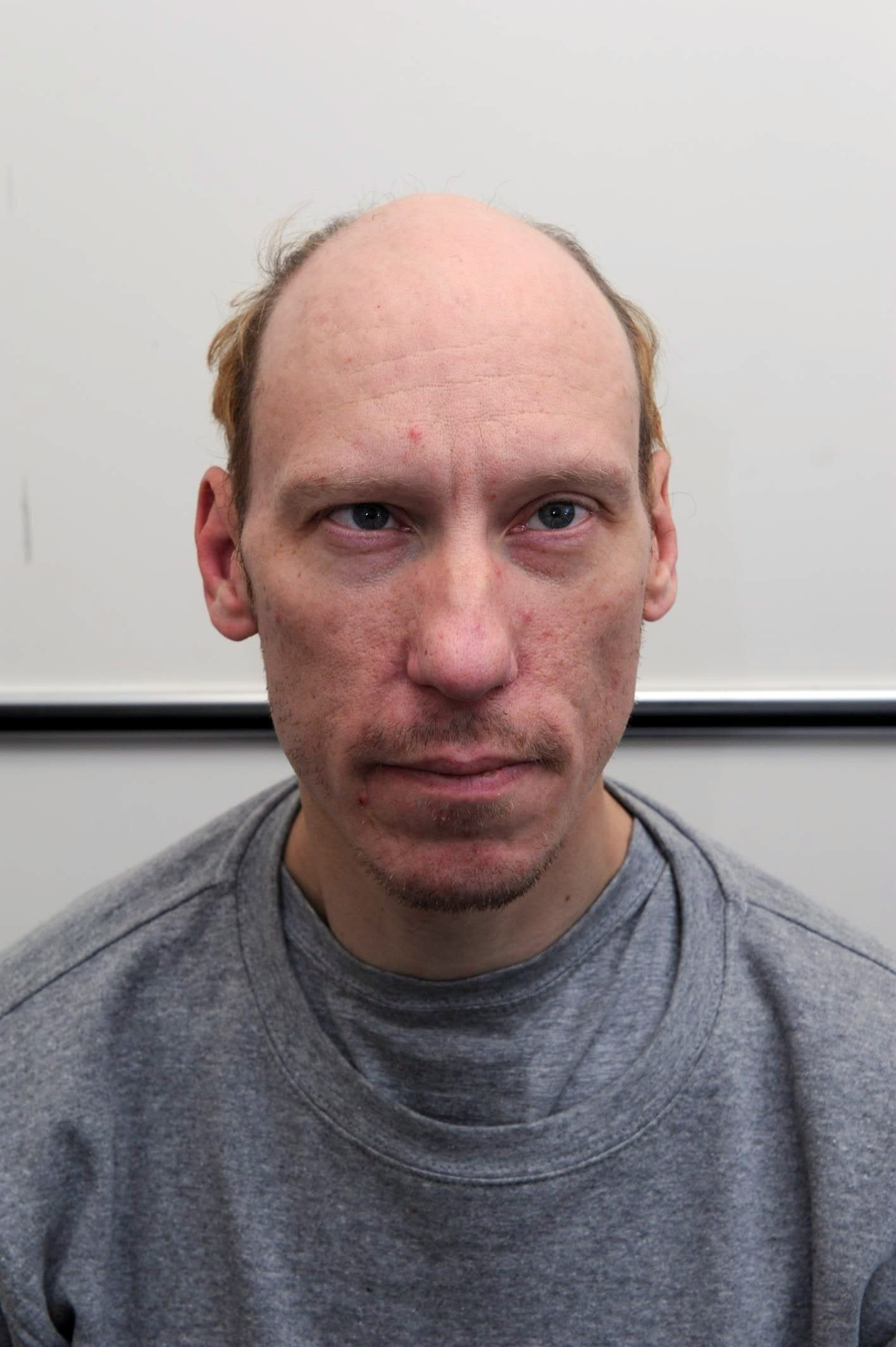Homophobia issue ruled out in Stephen Port victims’ inquests
Port, 46, was jailed for murdering four young gay men over 16 months.

Your support helps us to tell the story
From reproductive rights to climate change to Big Tech, The Independent is on the ground when the story is developing. Whether it's investigating the financials of Elon Musk's pro-Trump PAC or producing our latest documentary, 'The A Word', which shines a light on the American women fighting for reproductive rights, we know how important it is to parse out the facts from the messaging.
At such a critical moment in US history, we need reporters on the ground. Your donation allows us to keep sending journalists to speak to both sides of the story.
The Independent is trusted by Americans across the entire political spectrum. And unlike many other quality news outlets, we choose not to lock Americans out of our reporting and analysis with paywalls. We believe quality journalism should be available to everyone, paid for by those who can afford it.
Your support makes all the difference.Homophobia has been ruled out as an issue in the inquests for the victims of serial killer Stephen Port
Over 16 months, Port gave four young gay men fatal doses of date rape drug GHB before dumping their bodies near his flat in Barking, east London.
In 2016, Port, now 46, was jailed for life for the murders of Anthony Walgate 23, Gabriel Kovari 22, Daniel Whitworth 21, and Jack Taylor, 25.
An inquest at Barking Town Hall has been considering whether police failings in the wake of Mr Walgate’s killing contributed to the subsequent deaths.
On Thursday, Coroner Sarah Munro QC ruled out homophobia as an issue for the jury to consider in its conclusions.
She told jurors: “I direct that you cannot find that prejudice or homophobia or discrimination on the part of the police made any contribution to the deaths.
“I have ruled as a matter of law those are matters on which you may not express any views.”
The coroner went on to outline a series of questions for the jury to answer.
Jurors were told to confirm basic facts dealing with who the victim was, when, where and how they died.
Ms Munro directed the jury to make a “short-form” conclusion of unlawful killing for each death.
Jurors will also look at the police investigations that followed the death of Port’s first victim, fashion student Mr Walgate, from Hull.
Ms Munro said: “You will need to consider whether or not in your view certain features of the three investigations that followed on the discovery of each of the bodies of Anthony, Gabriel and Daniel contributed to the deaths of Port’s subsequent victims.”
They included any “error, omission or circumstance” that either probably or may have contributed to deaths, Ms Munro said.
Potential issues in the Walgate investigation included intelligence checks on Port, who had a previous rape allegation against him, and the examination of his laptop.
The second and third victims, Mr Kovari and Mr Whitworth, were found dead by the same dog walker in St Margaret’s graveyard within the space of a few weeks.
Potential failings in the investigations into their deaths included checks on a fake suicide note planted on Mr Whitworth’s body.
Jurors were also invited to look at the adequacy of the forensic examination of the scene, engagement with the LGBT community, and whether or not officers could have done more to consider links between the deaths.
Ms Munro warned against the dangers of “hindsight”, saying the jury should make every effort to be fair to the officers involved in the investigations.